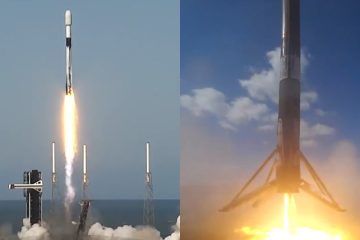Discovering Dortmund: A Hub of Culture and Innovation

Introduction
Dortmund, a city in the northwest of Germany, holds a prominent place in Europe’s cultural and economic landscape. Known for its rich industrial history, Dortmund has evolved into a modern center for technology and innovation, drawing significant attention from global businesses and tourists alike. This evolution is essential not only for the region but also for understanding the broader trends in urban development and economic progress in Germany.
The Cultural Landscape
With a population of around 600,000, Dortmund boasts a diverse cultural scene that includes museums, theaters, and music venues. The city is home to treasures such as the Museum of Art and Cultural History, which features an extensive collection ranging from ancient artifacts to contemporary art. Furthermore, the annual Dortmund Christmas Market attracts locals and visitors with its charming stalls and festive spirit, highlighting the city’s vibrant communal activities.
Economic Development
Dortmund’s transition from a coal and steel hub to a center for technology and services has significantly impacted its economy. The city is a known player in the IT industry, with several tech parks and incubators fostering startups and innovation. Companies like adesso AG and Deutsche Telekom have established significant operations in the area, creating thousands of jobs and promoting economic growth.
Impact of Sport
Sports, particularly football, are integral to Dortmund’s identity, with Borussia Dortmund (BVB) being its most famous football club. The team has a dedicated following and plays at the iconic Signal Iduna Park, one of Europe’s largest stadiums. The club’s success has fostered community pride and brought international attention to the city, further enhancing its reputation.
Looking to the Future
The city is investing in sustainable initiatives, aiming to reduce carbon emissions through green technology and smart city solutions. The integration of various technology-driven projects highlights Dortmund’s commitment to smart urban planning. These efforts align with Germany’s broader goals of embracing Industry 4.0 and enhancing quality of life through innovation.
Conclusion
In summary, Dortmund is rapidly evolving, blending its historical roots with modern innovations. With its cultural richness, economic dynamism, and a strong focus on sustainability, Dortmund is positioning itself as an attractive destination for both businesses and tourists. As these developments continue, the city is likely to emerge as a key player on the European stage, with significant implications for its residents and the global community.









